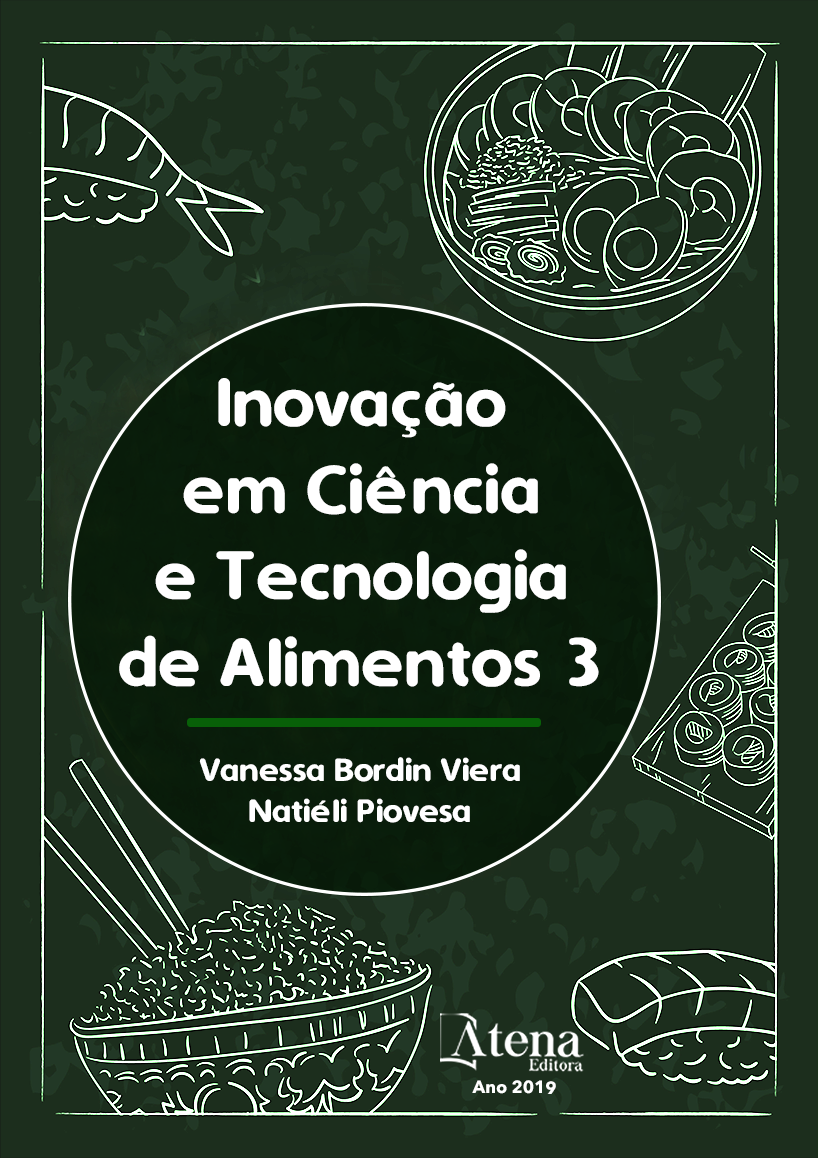
AVALIAÇÃO DO ÍNDICE DE RESTO-INGESTA EM RESTAURANTE INSTITUCIONAL NO ESTADO DO ESPÍRITO SANTO – BRASIL
O Brasil é tido como um dos países
mais férteis para o cultivo do desperdício.
É comum em estabelecimentos e ou em
unidades de alimentação e nutrição a geração
de sobras e restos no processo de produção e
consumo de refeições. Quando os resultados
apresentam valores acima de determinados
índices, pressupõe-se que os cardápios estão
inadequados, por serem mal planejados ou mal
executados. Para tanto, o objetivo desta pesquisa
foi verificar a ocorrência do desperdício, na
forma de sobras de alimentos e resto-ingesta,
no Restaurante Institucional do Ifes campus
Santa Teresa. Como respaldo metodológico,
a pesquisa inicialmente realizou entrevista
semiestruturada junto aos nutricionistas do
restaurante visando conhecer o tipo de cardápio
padrão servido; para a mensuração da sobra
de ingestão “resto-ingestão”, foram realizadas
pesagens líquidas diárias ao final dos dois turnos
de alimentação. A pesquisa ocorreu por um ano
letivo, conforme cronograma de funcionamento
do setor de alimentação do campus. Almejase com esta pesquisa oportunizar um pioneiro
levantamento no tocante ao desperdício
de alimentos no Restaurante Institucional e
subsidiar a necessidade de campanhas contra
o desperdício de alimentos. A pesquisa aponta
a necessidade de rever o tipo de corte de carne
bovina, suína e a oferta de uma nova espécie
de peixe, com características organolépticas
desejáveis, proporcionando um menor índice de desperdício.
AVALIAÇÃO DO ÍNDICE DE RESTO-INGESTA EM RESTAURANTE INSTITUCIONAL NO ESTADO DO ESPÍRITO SANTO – BRASIL
-
DOI: 10.22533/at.ed.98019091018
-
Palavras-chave: Geração de resíduos; Desperdício; Alimentos.
-
Keywords: Waste generation; Waste; Foods.
-
Abstract:
Brazil is considered one of the most fertile countries for the cultivation of
waste. It is common in establishments and or in food and nutrition units to generate
leftovers and remains in the process of production and consumption of meals. When
the results present values above certain indexes, it is assumed that the menus are
inadequate because they are poorly planned or poorly executed. Therefore, the
objective of this research was to verify the occurrence of waste, in the form of food
leftovers and rest-ingestion, in the university restaurant of Ifes campus Santa Teresa. As
a methodological support, the research initially conducted a semi-structured interview
with the restaurant’s nutritionists in order to know the type of standard menu served; for
the measurement of surplus intake, daily liquid weighings were performed at the end
of the two feeding shifts. The research took place for one academic year, according to
the schedule of operation of the campus food industry. It is hoped by this research to
provide a pioneer survey on food waste in the university restaurant and subsidize the
need for campaigns against food waste. The research points out the need to review
the type of cuts of beef, pork and the supply of a new species of fish, with desirable
organoleptic characteristics, providing a lower rate of waste.
-
Número de páginas: 15
- Maria Veronica Freitas Nascimento
- Fabiana da Costa Krüger
- Barbara Gomes da Silva
- Patricia Fabris
- Maria do Carmo Freitas Nascimento
- Elvis Pantaleão Ferreira


